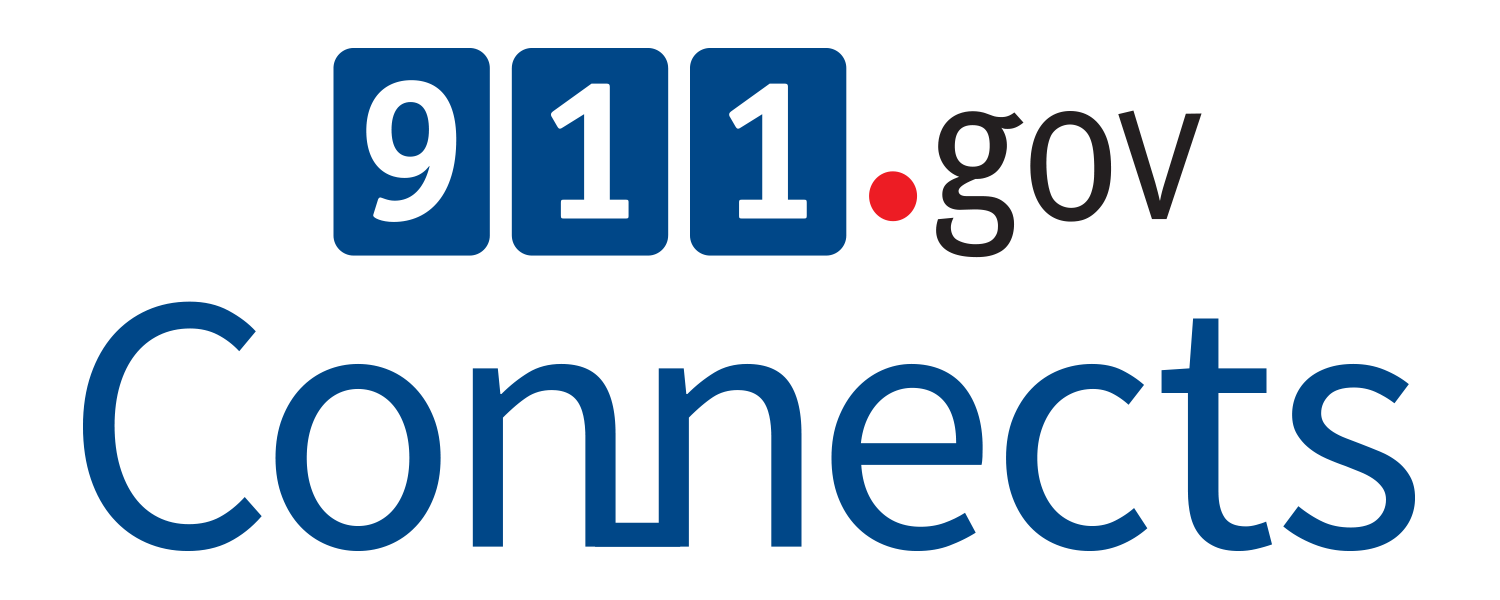New 911 Legislation, NG911 Standards and More Resources from 911.gov
From legislation and committees to white papers and data collection, 911.gov hosts a variety of new and updated tools and resources to help advance your 911 systems in a variety of ways
NCSL 2015 Enacted 911 Legislation
The National Conference of State Legislatures (NCSL) works in cooperation with the National Highway Traffic Safety Administration to provide real time information about 911 bills that have been introduced in the 50 states and the District of Columbia in its 911 Legislation Tracking Database. Updates for 2015 legislation, along with a summary report of all 911 legislation enacted last year, are now available.
Amendments in 2015 include:
Legislation in Illinois required the creation of a statewide 911 system, including the office of a statewide 911 administrator and a statewide 911 advisory board.
Both Maryland and Texas passed legislation requiring multiple-line telephone systems to allow users to directly dial 911 without having to dial any other number first.
North Carolina created a reserve fund for NG911 implementation and authorized the 911 Board to establish purchasing agreements for statewide procurement.
2016 Profile Database Collection Effort Underway
The 911 Profile Database collection effort began April 1st and all 56 states and territories have been encouraged to participate to help provide an accurate picture of the current state of 911 systems across the country. States have been submitting their data, which will be used to measure and enhance 911 systems, through the National 911 Profile Database. The FCC data collection effort, which is mandated by Congress, gathers information about how states and jurisdictions collect and spend 911 fees. The FCC’s data questionnaire is available to states and other jurisdictions on the FCC website.
More than 40 states and territories participated in these efforts in 2015. A detailed analysis of last year’s submissions and a report combining these data with national data collected by the National Emergency Number Association (NENA) is available in the recently released 2015 National 911 Progress Report.
NG911 Standards Identification and Review
One of the most vital aspects of transitioning from today’s legacy 911 technology to NG911 is the development and adherence to a common set of standards across local, regional, state and national public safety jurisdictions.
With many standards development organizations addressing NG911 issues, the National 911 Program wanted to make this information more accessible for the 911 community by collating and coordinating the information into the Next Generation Standards Identification and Review, a living document that encourages continual input from the standards community and NG911 stakeholders. This March, the report was amended to include updated standards and a substantial increase in cybersecurity standards to provide a current picture of the status of NG911 standard.
NG911 NOW Coalition
Earlier this year, public safety and industry leaders joined together to create a coalition with a specific mission to promote accelerated implementation of NG911 throughout the nation. Its goal is to have all 911 systems and centers in all 56 states and territories equipped with sufficiently funded, standards-based, end-to-end, IP-based NG911 capabilities by the end of the year 2020.
The coalition believes the accelerated implementation of NG911 is crucial to improving emergency response for the public and emergency responders, and failing to act in a timely manner could:
Prolong nationwide deployment, increase costs, and delay NG911’s many benefits
Risk incompatibility with emerging communication trends
Result in missed opportunities for improved emergency response
Create technological obsolescence and increased security risks
The charter members of the NG911 NOW Coalition are the National Emergency Number Association (NENA), the National Association of State 911 Administrators (NASNA), and the Industry Council for Emergency Response Technologies (iCERT). The Coalition is seeking the participation of others as supporters and partners.
For more information or to get involved, visit their website or contact the coalition.



